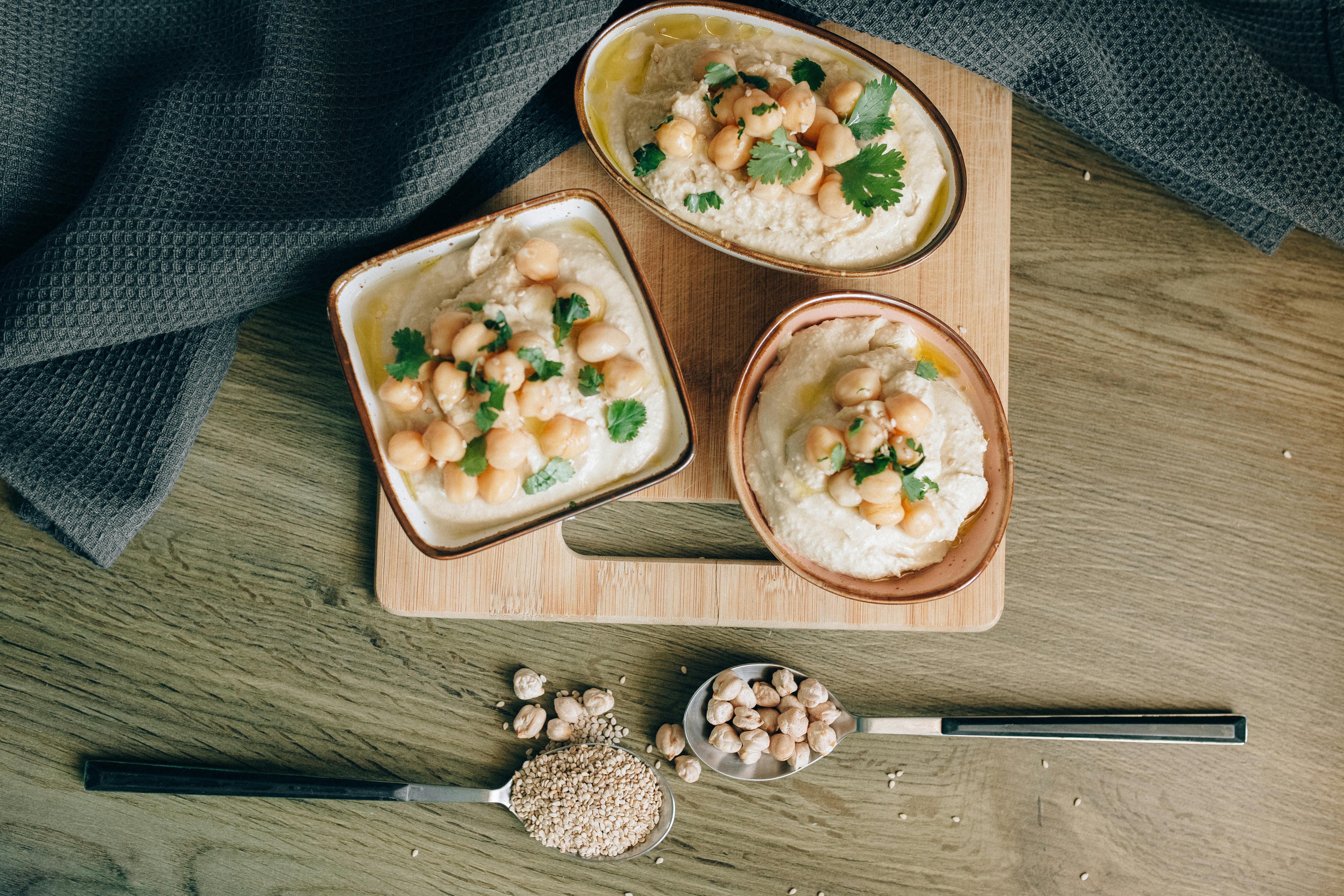
Understanding IBS and Its Impact on Digestive Health
Irritable Bowel Syndrome (IBS) is a common gastrointestinal disorder impacting millions of people worldwide, characterized by symptoms such as abdominal pain, bloating, and changes in bowel habits. With IBS, understanding the triggers and dietary influences is crucial for effective management. One of the most effective strategies is adopting a structured 30-day IBS diet plan to help alleviate symptoms and improve overall gut health.
This diet focuses on incorporating low FODMAP foods, which are less likely to cause digestive discomfort, while promoting a balanced intake of nutrients necessary for maintaining gut health. As we explore this plan, we will dive deep into meal prep essentials, IBS-friendly recipes, and the role of hydration in your diet.
By the end of this guide, you will be equipped with the knowledge to implement a practical eating strategy tailored to your body’s needs, ensuring effective IBS management and improved digestive health.
Here’s what you can expect: we will outline meal guidelines, discuss IBS-friendly foods, offer cooking tips, and highlight the importance of a food diary in tracking symptoms and adjustments.
Let’s embark on this journey towards wholesome, gut-friendly eating practices!
Essential Components of a 30-Day IBS Diet Plan
Coming up with an effective 30-day diet plan for IBS requires a comprehesive understanding of the key components that contribute to better digestive health. These components will help guide your meal choices and ensure your meals are delicious as well as safe.
Meal Guidelines for IBS Management
The first step in managing IBS through diet is to understand the meal guidelines that work best for you. It's vital to focus on low FODMAP foods, which are less likely to ferment in the gut and cause symptoms. Examples include spinach, carrots, and bananas.
Additionally, incorporating adequate hydration is essential. Drinking enough water and consuming herbal teas known for their calming effects can also help maintain fluid balance in the digestive tract.
Another important aspect is keeping track of food reactions through a food diary. This will help you identify your specific triggers and create a more personalized approach to eating that alleviates discomfort.
IBS-Friendly Foods to Include in Your Diet
When crafting your IBS-friendly meal ideas, focus on incorporating a variety of nutrient-dense foods. For instance, fiber-rich foods such as oats, chia seeds, and cooked vegetables are an important part of your diet, as they support digestive health.
Incorporating probiotic foods like yogurt, kefir, and fermented vegetables can also benefit your gut microbiome, helping to reduce inflammation and improve digestion.
Moreover, paying attention to cooking methods can have a significant impact. Opt for steaming, baking, or grilling instead of frying, which can make meals more gut-friendly.
Hydration and Its Role in Digestive Health
Hydration is often overlooked, yet it plays a critical role in maintaining digestive health. Water aids in the breakdown of food and the absorption of nutrients. Increasing your fluid intake can help prevent constipation, a common issue for IBS sufferers.
It’s beneficial to incorporate hydration techniques such as drinking water before meals and adding hydrating foods like cucumbers and watermelon to your diet. Additionally, herbal teas can provide not only hydration but also soothing effects.
Portion Control and Meal Timing
Understanding portion control and meal timing is essential for managing IBS symptoms. Larger meals can lead to discomfort and bloating; therefore, smaller, more frequent meals are often recommended. This approach helps keep digestive processes steady, minimizing the chances of overwhelming your digestive system.
Practice mindful eating as well, ensuring that you listen to your body’s hunger and satiation cues. This can help improve your overall relationship with food and reduce stress around mealtimes.
Cooking Tips for IBS-Friendly Meals
Cooking methods matter! For preparing IBS-friendly meals, consider options like steaming, baking, and slow cooking, which preserve the nutrients of your ingredients. Avoid overly spicy and greasy foods, as these can trigger IBS symptoms.
Try experimenting with IBS-friendly recipes that use fresh herbs instead of salt or oils for flavor. Not only does this help maintain a healthy diet, but it can also make your meals more enjoyable.
Sample Meal Plans and IBS-Friendly Recipes
Building a comprehensive meal plan can seem overwhelming, but with a structured approach, it becomes manageable. Here’s a closer look at some sample IBS-friendly meals and recipes to inspire your 30-day journey.
Breakfast Options to Start Your Day
Begin your day with a fiber boost! Consider oatmeal topped with banana slices and a sprinkle of cinnamon—both are low FODMAP foods that are gentle on the stomach. Alternatively, a smoothie made with spinach, banana, and almond milk can offer digestive support and hydration.
Be sure to also explore protein sources such as Greek yogurt with berries, which will provide nutrients while being easy on the gut.
Lunch Dishes for Sustained Energy
For lunch, consider preparing a quinoa salad with cucumber, bell peppers, and a lemon-olive oil dressing. This dish is not only nutrient-dense but also helps provide sustained energy throughout the day.
A wrap made from gluten-free tortillas filled with grilled chicken and fresh greens can make a great option too! Just remember to choose safe foods that suit your dietary restrictions.
Dinner Recipes to Delight Your Taste Buds
End your day with a delicious grilled salmon with steamed broccoli or a hearty vegetable stir-fry with brown rice. These meals not only help in digestion but also reduce inflammation, promoting broader gastrointestinal health.
Pairing meals with anti-inflammatory foods such as turmeric can enhance the health benefits, providing an extra layer of digestive support.
Snack Ideas and Hydration Throughout the Day
Snacks can be a great opportunity to include more healthy fats and fiber. Consider snacking on nuts, cucumber slices with hummus, or rice cakes.
Incorporating hydration into your snacks can also be beneficial. Herbal teas or homemade smoothies can be both a snack and a means of ensuring you’re drinking enough fluids throughout the day.
Meal Planning and Grocery Shopping Tips for Your IBS Diet
Well-structured meal planning is vital for sticking to your IBS diet. Consider creating a weekly meal template that outlines your meals and snacks, making grocery shopping simpler.
When grocery shopping, opt for fresh produce, whole grains, and lean proteins. Always check labels for hidden sugars and preservatives that might be common IBS triggers.

Tracking Your Progress: Using a Food Diary
Utilizing a food diary is an invaluable tool for those with IBS. By tracking what you eat and how you feel afterwards, you can identify patterns and pinpoint which foods work for your body.
How to Maintain an Effective Food Diary
To start, note down the meals you consume, including portion sizes and cooking methods. It’s also important to document any IBS symptoms you experience following meals, such as bloating or discomfort. This practice allows for an understanding of how different foods affect your symptoms.
Additionally, including your hydration levels and stress levels in this diary can provide insights into how these factors influence your gut health.
Identifying IBS Triggers through Tracking
By diligently recording your food intake and symptoms, you can successfully pinpoint IBS triggers, including specific ingredients or preparation methods that cause discomfort. This awareness allows for better meal planning and informed choices.
Also, understanding the connection between stress levels and symptoms can empower you to implement relaxation techniques, enhancing your overall well-being.
Developing a Mindset for Long-Term IBS Management
Managing IBS is not only about diet; it also involves cultivating a holistic lifestyle approach. Incorporating stress management techniques and mindful eating practices will be essential.
Mindfulness and Its Role in Digestive Health
Practicing mindfulness during meals means focusing on the eating experience, including flavors, textures, and portion sizes. This awareness can help increase satisfaction and decrease the likelihood of overeating.
Combining relaxation techniques, such as deep breathing or gentle yoga, can further enhance your digestion and promote a healthier gut-brain connection.
Expert Advice for Sustaining Your IBS Diet
Consulting a nutritionist specializing in gut health can provide personalized strategies to enhance your dietary approach. They can help you navigate dietary restrictions, suggest meal substitutions, and provide expert recommendations tailored to your needs.
Continually updating your knowledge of IBS and evolving your dietary strategy will be instrumental in maintaining long-term digestive health. Engaging with other members of the IBS community can also offer support and shared experiences.

Frequently Asked Questions About the 30-Day IBS Diet Plan
As you begin your journey with the 30-day IBS diet plan, you may have questions about certain aspects. Below are some common inquiries and their corresponding answers.
What are the first steps to start an IBS diet?
To begin, focus on familiarizing yourself with low FODMAP foods and understanding your personal triggers. Keeping a food diary will help you track your meals and symptoms, ensuring you can tailor your diet to your needs effectively.
Are there any specific foods to avoid?
Avoid high FODMAP foods like garlic, onions, and certain legumes as they are common IBS triggers. Additionally, be cautious with processed foods that may contain hidden sugars and preservatives.
How can hydration improve IBS symptoms?
Staying adequately hydrated helps regulate digestion and can alleviate constipation, which is often a concern for those with IBS. Incorporate water and herbal teas into your daily routine to support digestive health.
Can stress impact IBS symptoms?
Yes, stress is a significant contributor to IBS symptoms. Managing stress through relaxation techniques and mindful practices can greatly enhance your overall gut health and symptom management.
Is it necessary to work with a nutritionist for IBS?
While it’s possible to manage IBS on your own, working with a nutritionist can provide tailored support, helping you navigate dietary restrictions, meal choices, and develop a healthy approach to eating.
By committing to this comprehensive 30-day IBS diet plan, you can pave the way to improved digestive health and a better quality of life. Embrace these changes, and don’t hesitate to reach out for support when needed, as you are not alone on this journey.